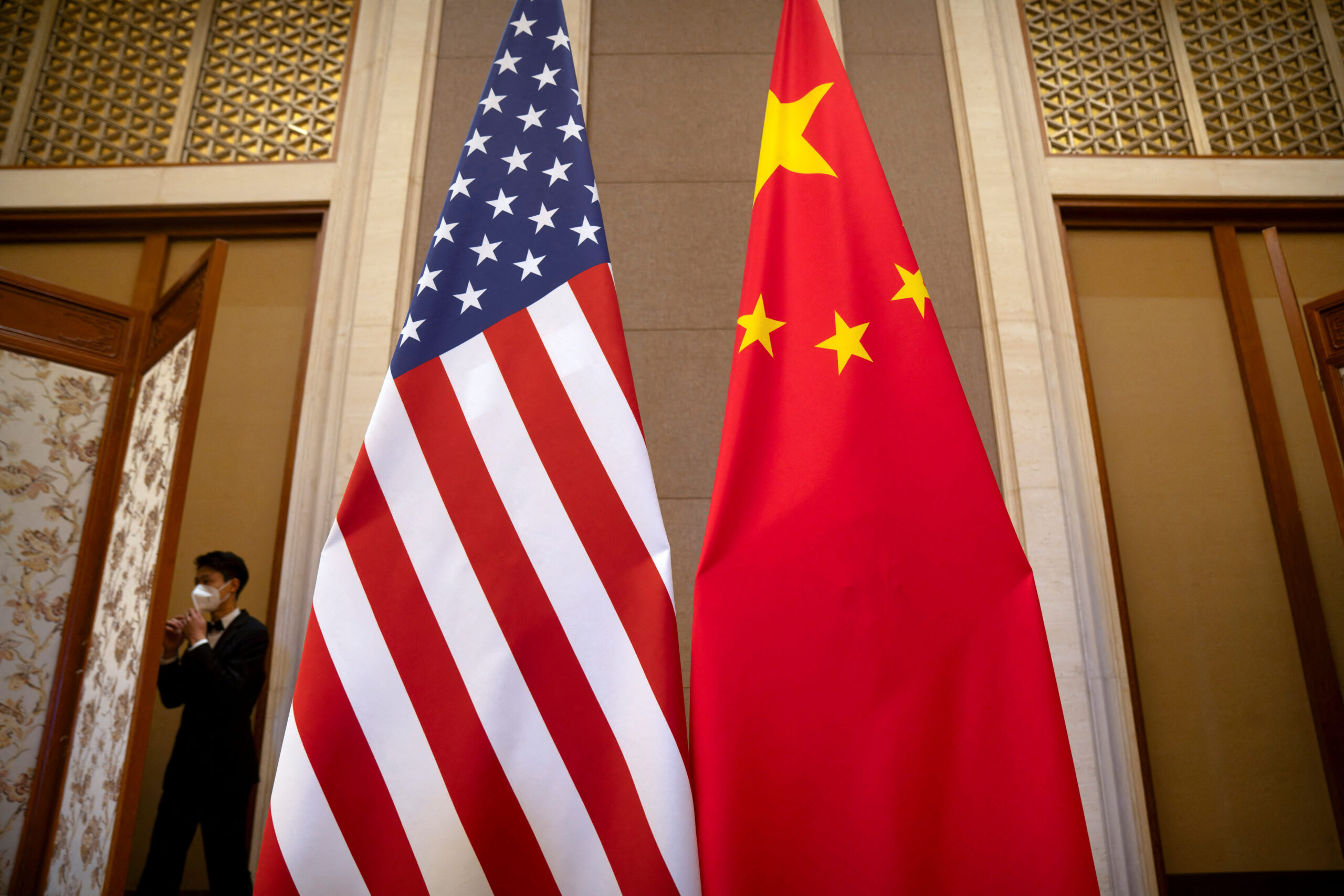As former President Trump sharpens his foreign and domestic agenda during his return to the White House, commentator Roger Kimball praised the administration’s early moves as bold and necessary during a wide-ranging interview on Chicago’s Morning Answer with Dan Proft and Amy Jacobson.
Kimball, editor of The New Criterion, described Trump’s approach as “laser-focused” on reducing the global influence of the Chinese Communist Party (CCP), including recent moves to counter Beijing’s presence in the Western Hemisphere. Just 80 days into his term, Trump has targeted Chinese involvement in key infrastructure, including the Panama Canal, which U.S. Defense Secretary Lloyd Austin recently pledged to secure in partnership with Panama.
“This is not just rhetoric,” Kimball noted. “Trump is rolling back decades of drift on trade, manufacturing, and national security—actually doing what others only talked about.”
One of Trump’s signature moves has been the rapid reimplementation and expansion of tariffs on Chinese goods, a policy that has drawn criticism from both economists and political pundits. But Kimball pushed back on the notion that Trump is anti-trade.
“Trump is not opposed to free trade. He’s opposed to unfair trade,” Kimball said. “When another country imposes barriers, subsidies, or steals intellectual property, he’s going to respond in kind.”
According to Kimball, decades of blind adherence to global trade dogma have hollowed out American manufacturing and left the U.S. vulnerable. He cited the 1994 North American Free Trade Agreement (NAFTA), which many believed would grow the economy and increase jobs. While it arguably did the former, Kimball said it failed at the latter and contributed to the decline of industrial towns across the country.
“Go listen to the Pretenders’ song My City Was Gone—that’s the story of Akron, Ohio, and so many places like it,” he said. “Those towns were sacrificed on the altar of globalization.”
Kimball also defended Trump’s broader first-100-days strategy, pointing to the dismantling of the federal government’s DEI (Diversity, Equity, and Inclusion) initiatives, the effective defunding of the Department of Education, and a revamped foreign policy that re-centers American interests. He argued that Trump has already accomplished more in a short time than other Republican presidents attempted in decades.
“When people say Trump is all bluster, they forget he moved the U.S. Embassy to Jerusalem after decades of empty promises from previous presidents,” Kimball said. “He does things other politicians only pretend to do.”
On the topic of the tariffs’ economic impact, Kimball acknowledged the risks but called them worth taking.
“Yes, it’s risky. But we’ve tried the so-called safe approach and ended up with a $37 trillion national debt and industrial dependence on our chief rival,” he said. “Trying something new—like restoring our manufacturing base—isn’t reckless. It’s overdue.”
When pressed on Trump’s recent opposition to the sale of U.S. Steel to Japan’s Nippon Steel, Kimball admitted the situation is complex. But he argued Trump’s instincts to protect key industries are rooted in a long-term view of national strength, even if they sometimes clash with short-term market logic.
Kimball also praised the breadth of Trump’s governing coalition, which includes traditional conservatives, working-class Democrats, and political outsiders like RFK Jr., Elon Musk, and Tulsi Gabbard. This, he said, stands in contrast to the narrow ideological alignment of Trump’s opponents.
“It’s not some fringe movement,” Kimball said. “It’s a broad, pragmatic coalition built around sovereignty, economic growth, and competence.”
Looking ahead, Kimball said the Trump team’s tactical mix of bold declarations and pragmatic recalibrations should not be underestimated. He referenced Trump’s now-familiar strategy of starting with maximalist demands and then adjusting as necessary—a style that has rattled markets but delivered results.
“People panic over the initial splash, but Trump listens to feedback and recalibrates. That’s just his negotiation style,” Kimball said. “It’s not chaos. It’s controlled turbulence with a goal.”
Despite ongoing criticism from traditional media and Wall Street analysts, Kimball believes Trump’s early blitz of executive actions is energizing supporters and sending a clear message to adversaries abroad.
“Trump is reminding the world—and the American public—that we don’t have to accept managed decline,” Kimball said. “We can reassert control of our economy and our destiny.”
As markets react and policymakers scramble to adjust to the Trump administration’s moves, one thing is clear: the days of passive globalization are over, and a new chapter in U.S. trade and industrial policy has begun—with Trump leading from the front.





